
What Really Happens When You Drink Coffee on an Empty Stomach
What Really Happens When You Drink Coffee on an Empty Stomach
Coffee is one of the most beloved beverages in the world — and for good reason. It’s rich in antioxidants, boosts alertness, and can even lower the risk of several diseases when consumed in moderation. However, while coffee can certainly be part of a healthy lifestyle, drinking it first thing in the morning on an empty stomach might not be the best idea.
Experts recommend waiting at least 90 minutes after waking up before having your first cup. This allows your body’s natural hormones to regulate and helps you avoid several unwanted side effects. Here’s what happens when you drink coffee before eating breakfast:
(1).jpg)
1. Low Serotonin Levels and Mood Disruption
Not many people realize that coffee acts as a powerful appetite suppressant. When you drink it immediately after waking, you may feel full and skip breakfast — but that seemingly harmless habit can disrupt your body’s natural rhythm.
Your first meal of the day is crucial for serotonin production, the neurotransmitter responsible for making you feel calm, balanced, and happy. Without enough nutrients early in the day, your serotonin levels can dip, leaving you feeling more anxious, irritable, or tired later on.
Serotonin also plays a direct role in your sleep cycle. As evening falls, your body converts serotonin into melatonin, the hormone that helps you fall asleep. Low serotonin in the morning can therefore lead to lower melatonin levels at night, increasing your risk of insomnia or restless sleep.
☕ Tip: If you love your morning coffee, try drinking it with or after breakfast instead of before. Pairing it with protein and healthy fats helps balance blood sugar and supports your mood throughout the day.
2. Digestive Discomfort and Hormonal Stress
Caffeine on an empty stomach can also interfere with healthy digestion. Many people experience symptoms like bloating, stomach cramps, acid reflux, or irregular bowel movements — issues often linked to irritable bowel syndrome (IBS).
Here’s why: coffee stimulates the adrenal glands, causing them to release cortisol and adrenaline, your body’s primary stress hormones. These hormones are part of your “fight-or-flight” response — useful when escaping danger, but unnecessary when you’re simply starting your workday.
When cortisol spikes, your body temporarily shuts down digestion to redirect energy toward your muscles and brain. Over time, this can lead to gut irritation, nutrient malabsorption, and chronic stress on the digestive system. Additionally, excess stomach acid produced by coffee on an empty stomach can cause heartburn and discomfort.
Healthier Morning Alternatives
Starting your day with hydration is far more beneficial. Drinking a glass of warm water with lemon, or apple cider vinegar and honey water, helps activate your digestive system, balance your body’s pH, and gently flush out toxins accumulated overnight.
If you’re someone who can’t imagine beginning the day without your coffee, there’s still a smart way to enjoy it. Simply add a small amount of healthy fat, such as coconut oil, butter, or ghee, to your coffee — sometimes known as “bulletproof coffee.” These fats slow caffeine absorption, protect your stomach lining, and provide a steady release of energy without the typical jitters or stomach irritation.
The Bottom Line
Coffee isn’t the enemy — it’s about how and when you drink it. Waiting a bit after waking up, eating something nutritious first, or modifying your brew with healthy fats can all help you enjoy the benefits of coffee without the unwanted side effects.
So tomorrow morning, try starting with water or a light breakfast before reaching for your favorite cup. Your stomach, hormones, and sleep cycle will thank you.
News in the same category


New Study Shows Vitamin D Suppresses Key Cancer-Driving Protein

Take Lemon and Garlic on an Empty Stomach for 7 Days — Unclog Your Arteries Naturally

DIY Egg & Vaseline Hair Mask for Extreme Shine and Smoothness 🥚🌟

Arthritis warning: 10 everyday foods making your pain and inflammation worse

7 nuts you must eat for better health (and the #1 nut you should NEVER touch)

9 Warning Signs of Diabetes You Shouldn’t Ignore

Garlic Peels Are Not Trash – Don’t Throw Them Away!

1 Cup to Cleanse Your Lungs of Phlegm and Toxins

How To Spot Eyelash Mites
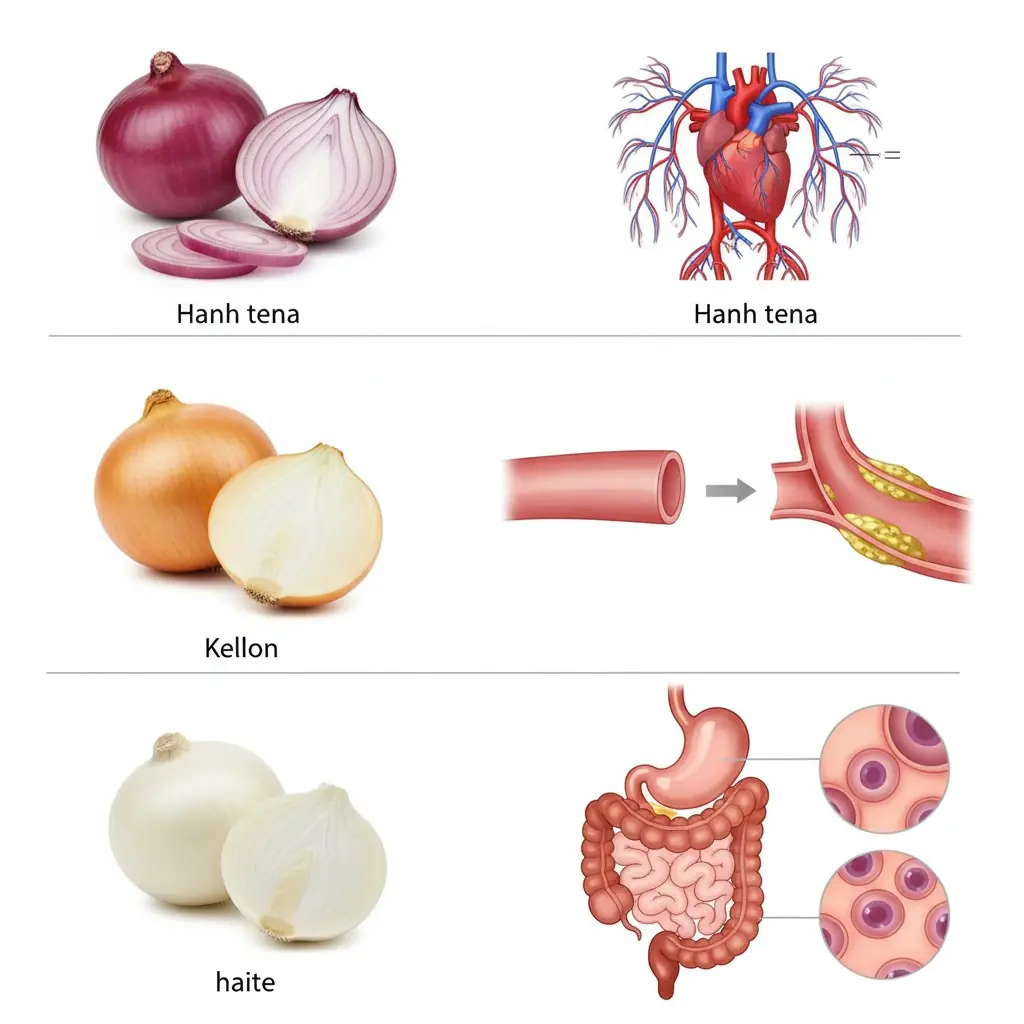
The Healing Power of Onions: Red, Yellow, and White — Three Natural Medicines in One Vegetable
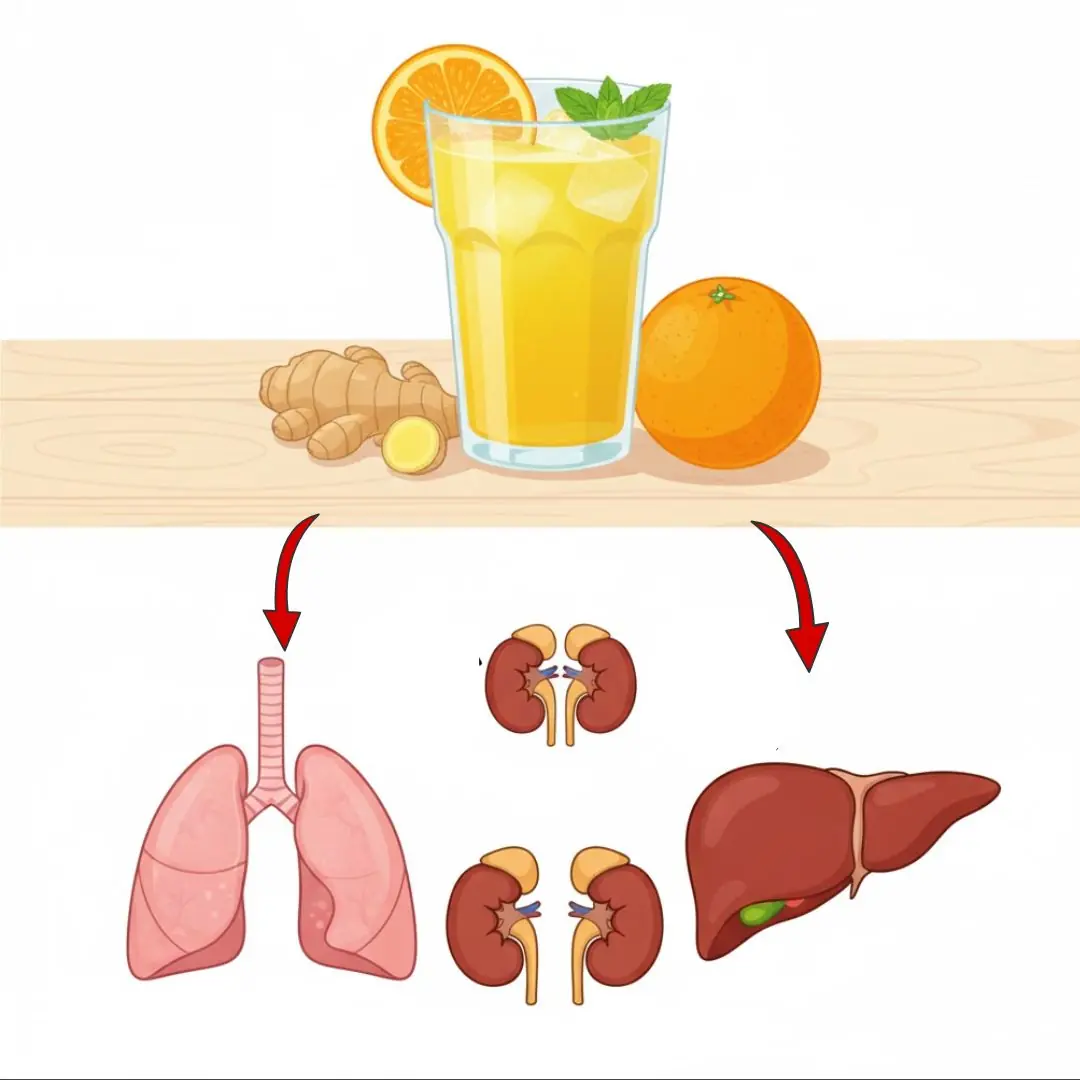
The 7-Day Organ Flush That Doctors Hate: Cleanse Kidneys, Liver & Lungs With Kitchen Staples
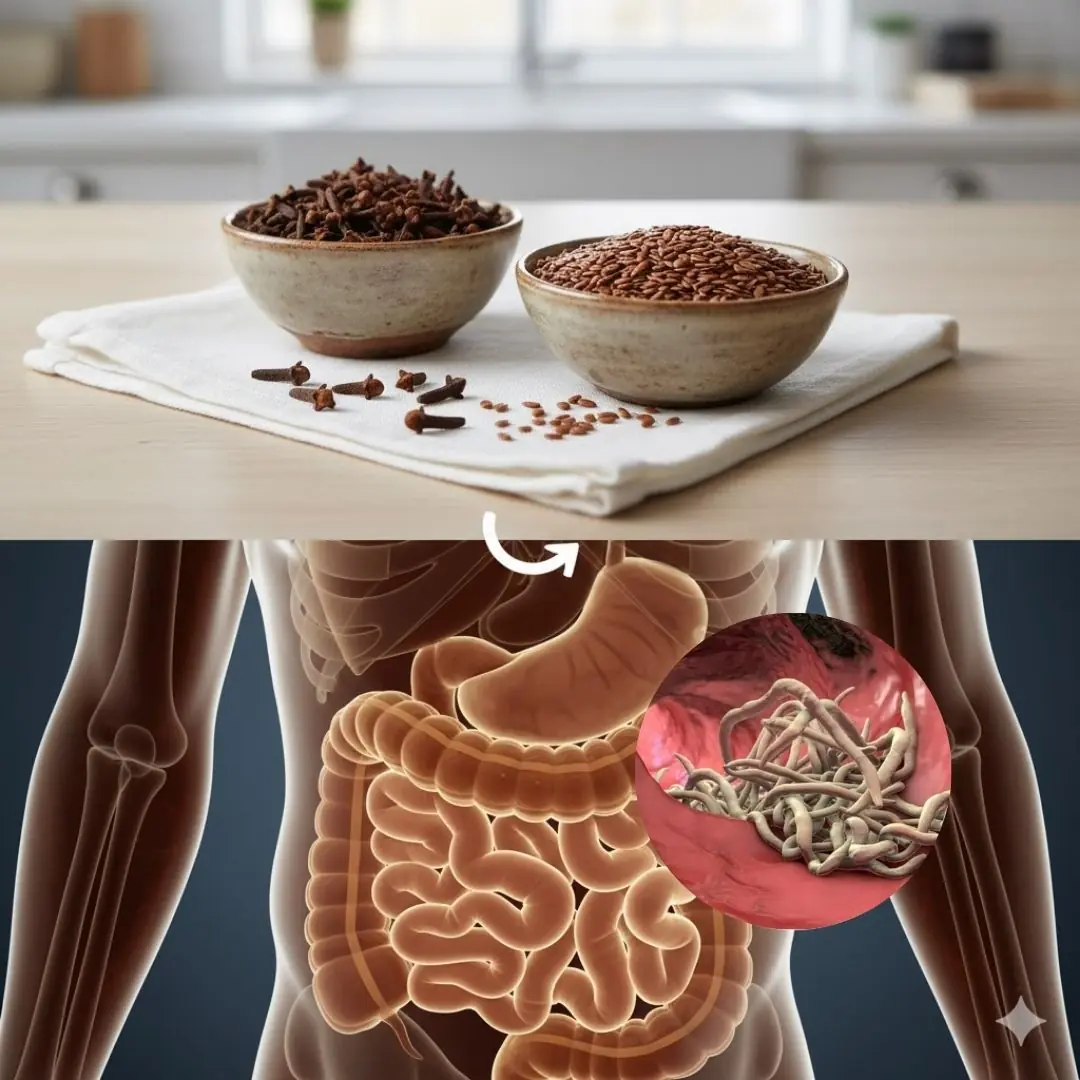
How to Naturally Eliminate Intestinal Parasites with Clove and Flax Seeds
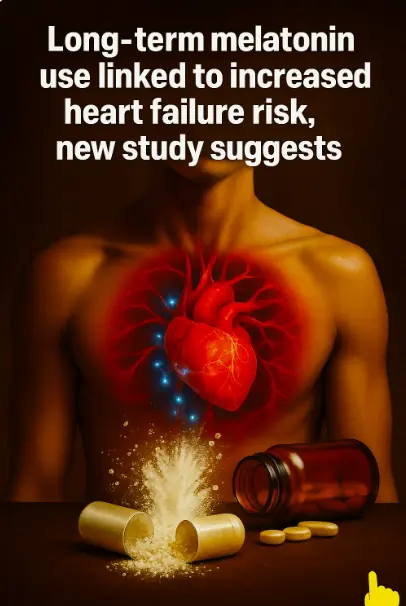
Long-term melatonin use linked to increased heart failure risk, new study suggests

The #1 Food to Unclog Your Arteries Naturally

6 Everyday Foods That Can Help Relieve Common Health Symptoms — According to Science

Nerve damage? 6 best oils to help repair your nerves
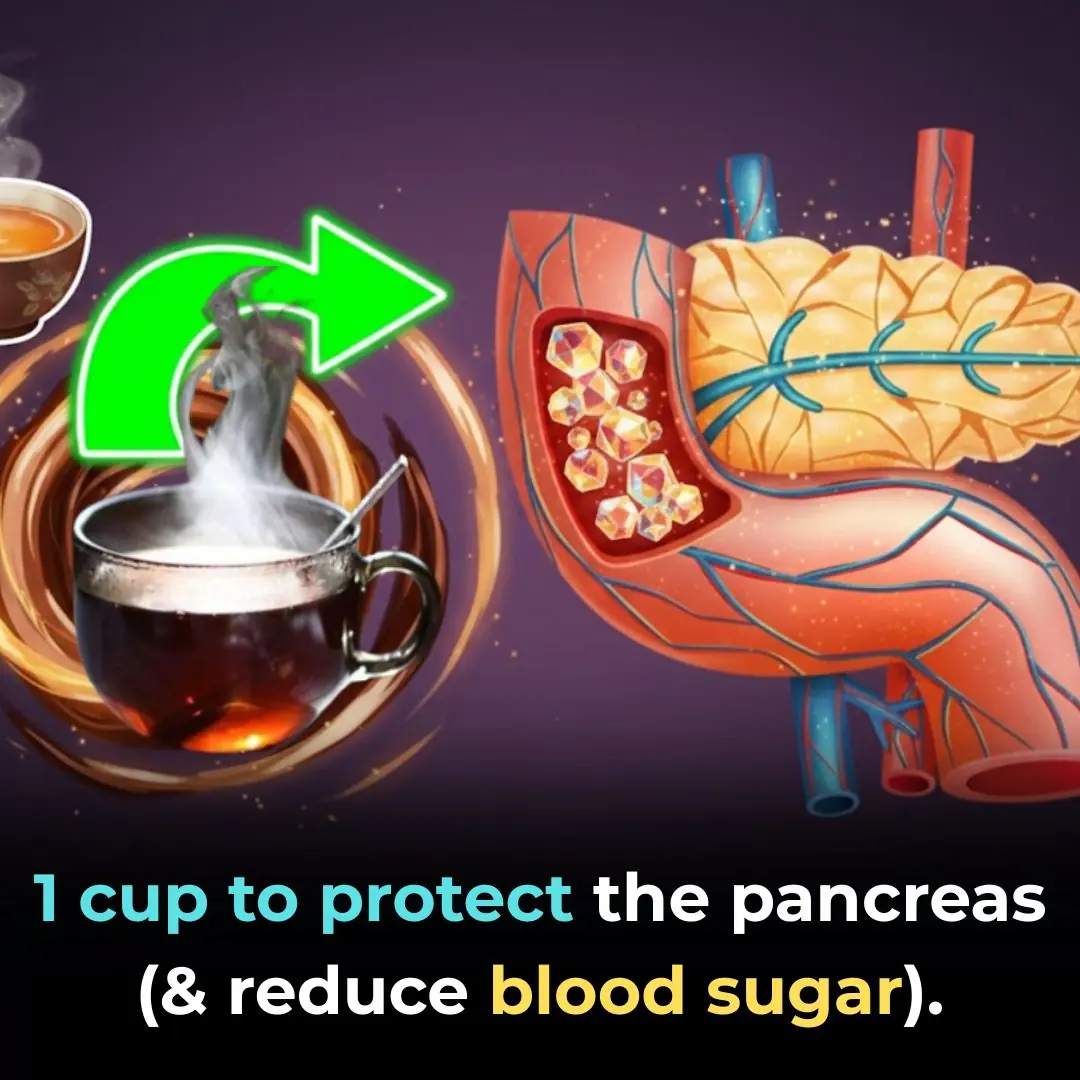
1 cup to protect the pancreas (and reduce blood sugar)
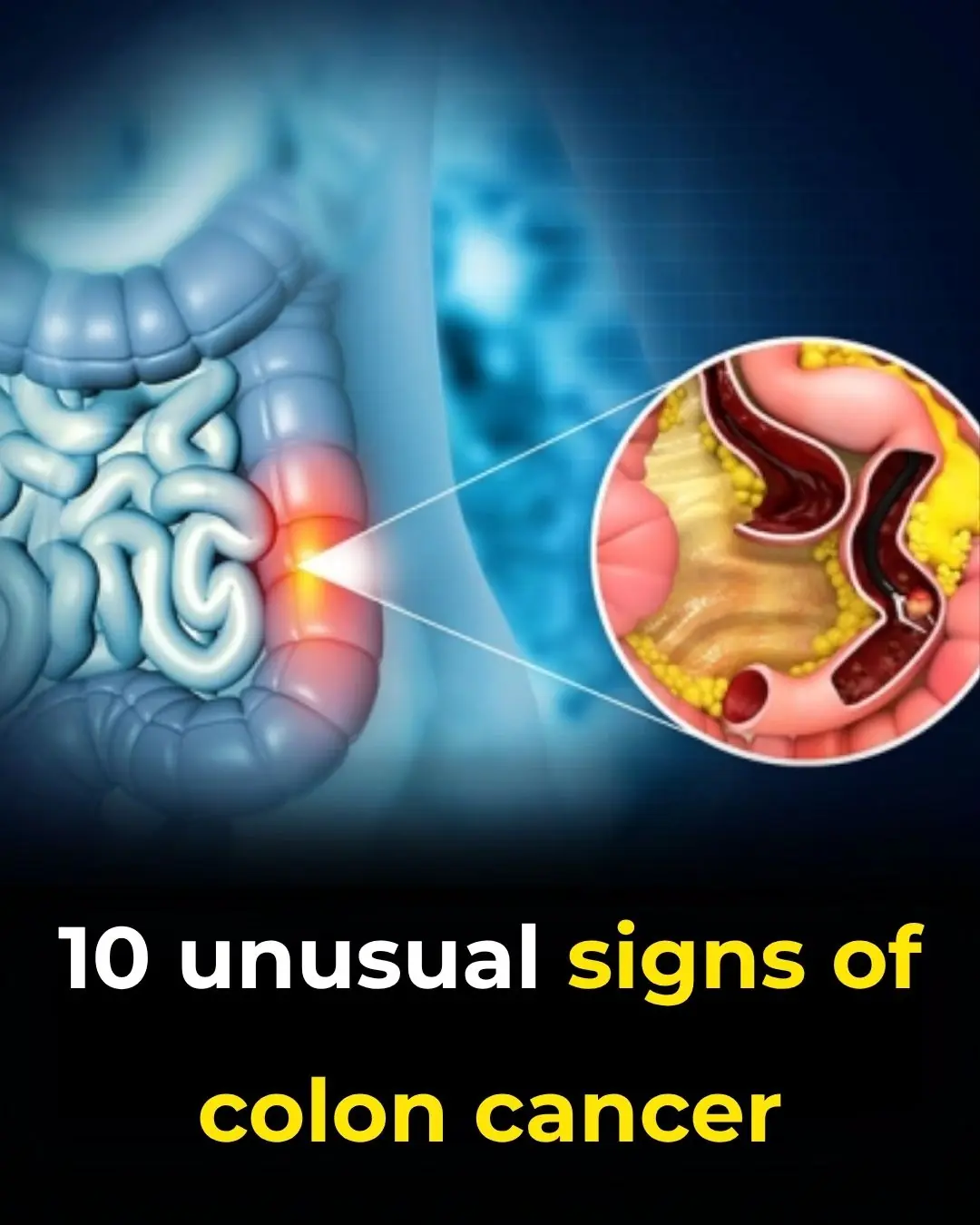
10 Warning Signs of Bowel (Colorectal) Cancer You Shouldn’t Ignore
News Post

Cinnamon Garlic Water Made at Home: The Best Fat-Burning Drink to Reduce Belly Fat

Gram Flour And Fuller’s Earth Everyday Face Wash To Get Clear Skin

DIY Rice Cream for Glowing Skin - The Ultimate Anti-Aging Moisturizer

14 Best Skin Gels for Glowing Skin & Wrinkles: Natural Remedies for Radiant Complexion

Seeing that my neighbor had a jar of sour star fruit soaked in rock sugar, I asked him to find out how many uses it has

Carrot Toner DIY Recipe for Glowing Skin: Natural Anti-Aging Benefits for a Radiant Complexion

Homemade Vitamin E Cream for Face – Vitamin E Oil benefits for Skin

DIY Aloevera Oil for Hair Growth – Get Thick Hair

Easy DIY Homemade Hair Dye: An Effective Way to Darken Grey Hair At Home

Glass windows get dirty very quickly, here are some tips to help you clean them from the inside out.

Secret to cleaning clams, clams release sand quickly and are much fatter

No need to buy washing machine cleaning tablets, put this in the washing machine to blow away dirt, bacteria and odors.

Roast sweet potatoes at home with a rice cooker or air fryer and they still have the same fragrant aroma as grilled on charcoal thanks to this secret.

Tips for braising fish so it doesn't smell fishy and cooks quickly. It's delicious whether you braise sea fish or freshwater fish.

Cook delicious crab soup, clam soup, not fishy, with floating crab roe: Just remember these 2 steps

Toilet has yellow residue, flush this thing immediately to clean it in just 1 night

Stop buying these 10 cleaning scams

Green onions are easy to rot when bought: Store them this way to keep them fresh for a whole month

Jennifer Aniston Finally Addresses Rumor She Had Affair With Barack Obama
